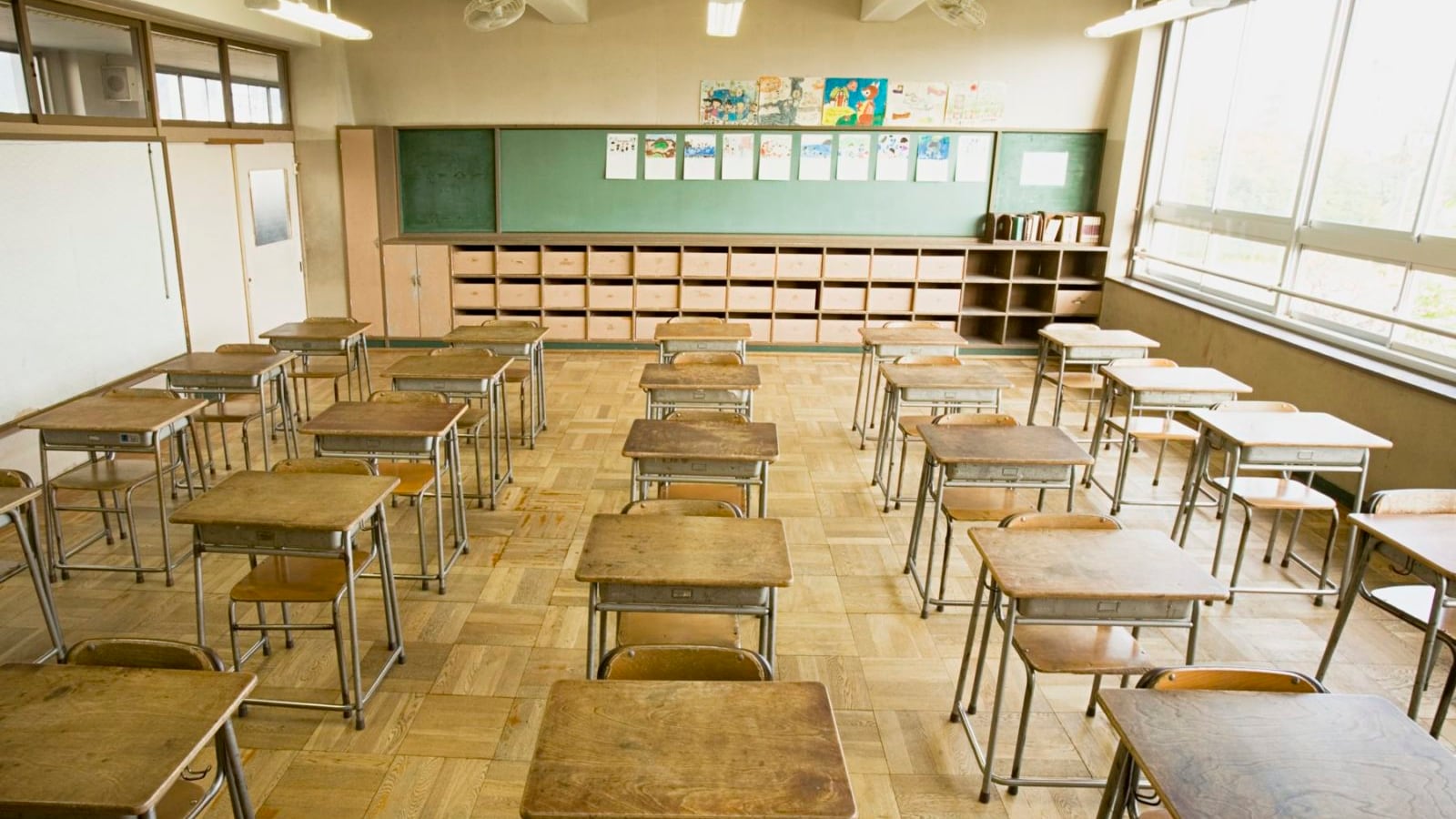State monitors have ordered Newark to take corrective action after finding that the city’s public schools are failing to meet several special education requirements.
Newark did not meet four key mandates related to education plans for students with disabilities, according to the monitors, who reviewed student records and interviewed school administrators, staffers, and parents.
A total of nine requirements stem from a settled lawsuit that disability advocates filed over a decade ago, alleging that dozens of New Jersey districts were violating federal disability law that mandating students with disabilities be educated in their local schools alongside their non-disabled peers, whenever possible. As a result, the 76 districts named in the complaint, including Newark, have to assess annually their own special education practices, according to the settlement. New Jersey’s education department was tasked with monitoring school systems’ compliance with the law.
The majority of districts met all nine requirements of the settlement, showed an analysis by the Education Law Center, a Newark-based advocacy group that was among the plaintiffs in the lawsuit. Newark was one of 15 districts across the state failing to meet four or more of the requirements.
“It’s very troubling, honestly, that after all these years of intensive oversight and monitoring to see that, not only [in] Newark but also across the state, how many districts are not up to par,” said Diana Autin, executive co-director of the Statewide Parent Advocacy Network, one of the lawsuit’s plaintiffs.
The areas where Newark is falling short relate to “individualized education programs,” or IEPs, the plans schools are legally required to produce for students with disabilities. These documents detail what classrooms students will be taught in and what services they must receive. State monitors found that the IEPs created for Newark students did not provide explanations when students were denied extra services and did not list ways to move students from special-education to general-education classrooms, among other issues.
The monitoring report, which the state sent to Newark in July, lists several corrective steps the district must take — including documenting on IEPs the reasons why any student is removed from general-education classrooms for even part of the day, conducting training for the school-based teams that write education plans, and revising IEPs that were found to be out of compliance with the law.
The state’s findings revealed that Newark is meeting several of the settlement requirements. For instance, students with disabilities are educated alongside their non-disabled peers whenever possible, and they can participate in joint extracurricular activities, according to the report.
Autin said that the areas in which Newark was found to be noncompliant have been issues for the district for decades, and that she was surprised by the areas in which the report revealed Newark was adhering to the rules. “The fact that it was found that children with disabilities are educated alongside their non-disabled peers to the greatest extent possible, that they passed the monitoring…that’s not been our experience,” she said.
The lowest compliance rates for districts statewide was the category in which a school system appropriately takes into consideration whether a student can be educated in a general-education classroom if provided with extra support. Only two-thirds of districts statewide were compliant in this category. Newark was found to be noncompliant.
Autin said such consideration is a “foundational principle” of the federal Individuals with Disabilities Education Act, and that a lack of compliance means “decisions are being made about a student being included or segregated…based on classification and not what’s appropriate for that student.”
The state education department plans to continue working with noncompliant districts, said Michael Yaple, a spokesman for the state education department.
He added that a state employee is based in Newark Public Schools two to three days a week “working on special education issues, including ongoing guidance and technical assistance on matters involving least-restrictive environment.”
Autin said that Newark Superintendent Roger León has shown a commitment to improving special education in the district.
“We see an interest in the current administration, the superintendent, in doing better and getting it right,” she said. “We’re very excited to see that.”
District officials did not respond to multiple requests for comment.

This article tackles a topic raised during our 2019 Listening Tour. Read more about the Listening Tour here, and see more articles inspired by community input here.

